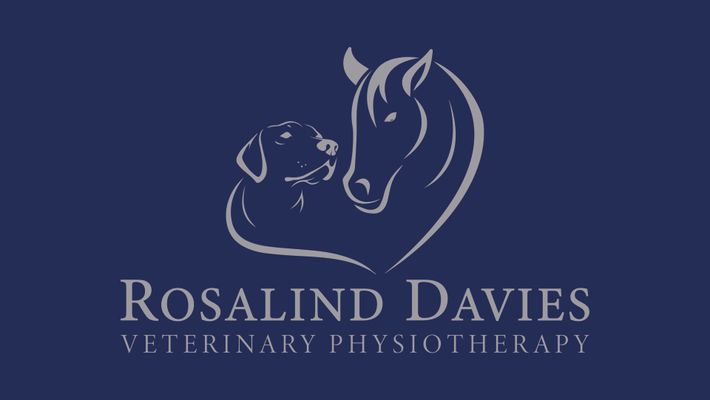Equine Physiotherapy
It is a legal requirement to gain veterinary consent before your veterinary physiotherapist can assess and treat your animal. I will either have gained this through the referral from your vet or I will contact your vet before I come out to see your horse if you have booked directly with me.
Prior to any treatment and after taking your horses history, a thorough assessment is carried out, including gait analysis. This will ensure that your horse receives the most appropriate treatment and rehabilitation programme, with therapeutic machine hire available for longer treatment periods if required.
I have been trained to use a variety of techniques, these include:
- Manipulation
- Mobilisation
- Soft Tissue Release
- Massage
- Trigger Point Therapy
- Myofacial Release
- Electrotherapy
- ANMR Technique (Animal Neuromuscular Release
Electrotherapy
Where appropriate, various electrotherapy modalities could also be used during treatment:
- Therapeutic Ultrasound
- Laser Therapy
- NMES Therapy
- TENS
- PEMF Therapy
- Phototherapy
Rehabilitation
Rehabilitation and remedial exercise is an essential part of your horse’s treatment, aiming to achieve lasting results and prevent further injury or re-injury.
I have been trained to advise, discuss and develop with you a suitable rehabilitation and remedial exercise plan for your horse. This may include some exercises for you (the rider) also.
It is important to have a multidisciplinary team when treating your horse. I will be in touch with your vet to keep them updated on progress and refer back to them if necessary. I may also advise you to contact your saddler, farrier or dentist.
Common Conditions
Some of the more common conditions that are regularly helped include:
- Soft Tissue Trauma & Proud Flesh
- Neck & Back Issues
- Compensatory Problems
- Muscle Atrophy
- Joint Dysfunction Including Arthritis
- Tendon & Ligament Strain
- Chronic Pain & Inflammation
- Behavioural Issues Relating To Back Pain
- General Stiffness
- Gait Abnormalities
- General Well Being
- Competition Preparation
- Elderly Horse Care
- Rehabilitation Post-Surgery
Canine Physiotherapy
You know your dog the best and will know when they are ‘not quite right’. Other signs of may be:
- Lameness
- Pain
- Difficultly getting up from sitting
- Stiffness especially in the mornings
- Behavioral changes becoming more defensive / aggressive
- Not wanting to exercise or play as much
- Difficulty jumping up
- Not wanting to be groomed or touched
- “NOT HIS/HER USUAL SELF”
Also, as with people, dogs require physiotherapy post orthopedic/ neurological surgery to reduce recovery times and maximize the benefits of the surgery to try to regain maximum possible function.
Caine Conditions
- Hip/elbow dysplasia
- Rehabilitation following orthopaedic surgery
- Age related joint issues and osteoarthritis
- Soft tissue injuries to tendon, ligament and muscle
- Rehabilitation following spinal surgery
- Conservative treatment for neurological and orthopaedic conditions
- Healing of wound, scar tissue and oedema
- Fittening programmes for weight loss

